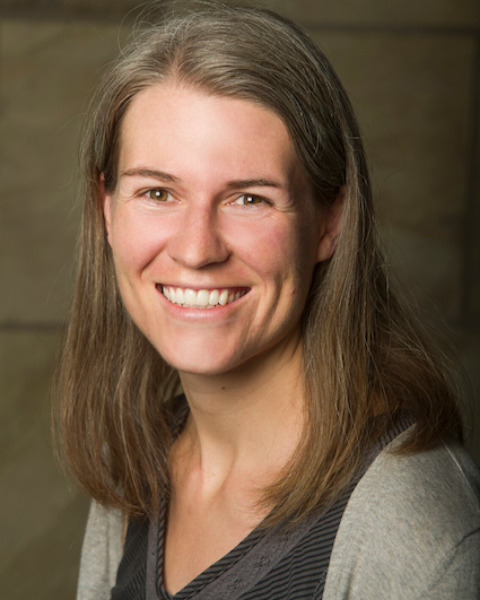Back
Plant-Insect Ecosystems
10-Minute Paper
P-IE: Pollinators
Microbial effects on pollinator feeding preference
Wednesday, November 16, 2022
3:30 PM – 3:42 PM PT
Location: Vancouver Convention Centre, Meeting Room 221/222
- AC
Amber C. Crowley-Gall (she/her/hers)
Postdoctoral Fellow
University of California
Cincinnati, Ohio 
Rachel L. Vannette
University of California
Davis, California
Presenting Author(s)
Co-Author(s)
Microbial colonization of floral structures can alter floral signals and rewards thereby influencing interactions with floral visitors. Subsequent microbial impacts on pollinator visitation can further impact pollination success as well as microbial dispersal; therefore, it is important to understand the role of microbial presence on floral attractiveness to pollinators. To date microbial impacts on pollinator foraging preferences are rarely examined and current understanding is limited by the scope of microbial and insect species tested. The capillary feeding (CAFÉ) assay provides a high-throughput screening method to examine the effect of microbes on feeding preference in pollinators. We screened a series of nineteen microbes to assess the impacts of microbial taxa and isolation source on pollinator feeding preference. Additionally, we examined if feeding preferences were consistent across two commercial bee species: honey bees (Apis mellifera), and bumblebees (Bombus terrestris). We found that microbial species varied in their impacts on pollinator feeding regardless of microbial taxa or isolation source. Some microbes exhibited variation across strains in effects on feeding preference with one Aureobasidium pullulans strain eliciting reduced feeding responses in both bee species examined. Exploring microbial influences on pollinator feeding behavior can provide insight into the use of microbes in agricultural settings with microbes exhibiting consistently limited/increased effects on feeding behavior across multiple pollinators representing strong candidates for sustainable biocontrol or pollinator enhancement options. Overall, this work enhances our understanding of the microbial ecology of pollination and provides a framework for exploration across a wider array of floral visitors.

